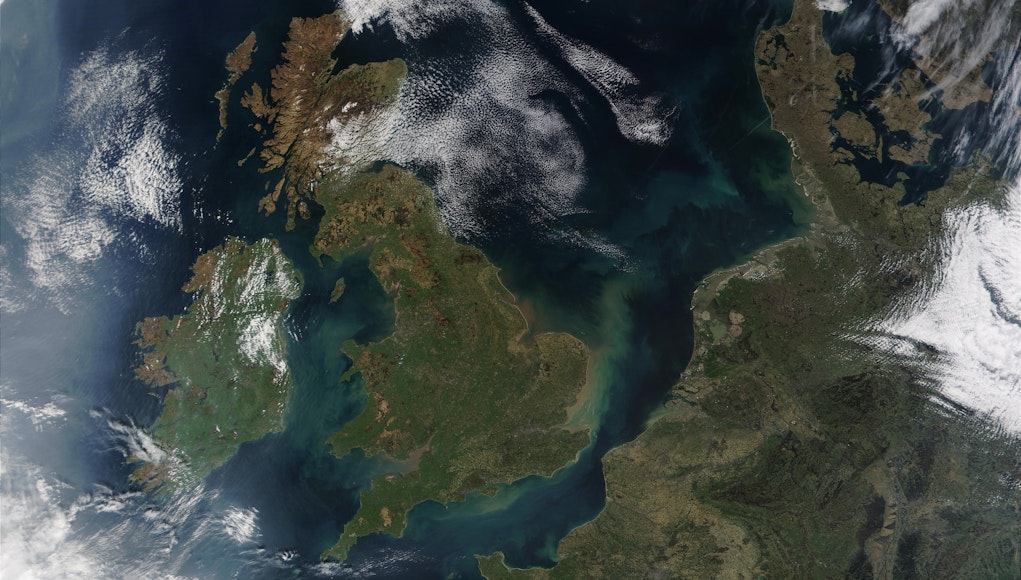Document JDP 0-30 explains the importance of air and space power to UK defence and security, let’s take a brief look.
The doctrine:
- defines air and space power
- explains the attributes of air and space power
- discusses the main roles and functions of UK air and space power
- explains air and space power’s contribution to joint action and the full spectrum approach.
Air power is defined as: the ability to use air capabilities in and from the air, to influence the behaviour of actors and the course of events. UK air power, along with maritime, land, space and cyber power, form the interdependent levers of the military instrument of national power.
Key points regarding air power
• Air power is truly global in nature, as it theoretically enables access to any point on Earth, be it over land or sea.
• Air power offers policy-makers an agile, timely and focussed capability that can be highly effective in resolving or averting a developing crisis.
• As an island nation, the UK relies on its air lines of communication for its prosperity, just as it does its sea lines of communication.
• A broad multinational and multi-agency response involving allies, can provide a wide range of air power options that most nations could not generate independently.
• The North Atlantic Treaty Organization is the cornerstone of UK defence on the global scale and acts as the principal framework for UK operations.
• The fundamental purpose of UK air power is to support the three national security objectives, to help protect, project and promote.
• Air power offers policy-makers an agile, timely and focussed capability that can be highly effective in resolving or averting a developing crisis.
• As an island nation, the UK relies on its air lines of communication for its prosperity, just as it does its sea lines of communication.
• A broad multinational and multi-agency response involving allies, can provide a wide range of air power options that most nations could not generate independently.
• The North Atlantic Treaty Organization is the cornerstone of UK defence on the global scale and acts as the principal framework for UK operations.
• The fundamental purpose of UK air power is to support the three national security objectives, to help protect, project and promote.
Key points regarding space power
• The exploitation of the attributes and roles of space power provides a significant contribution to the successful employment of joint action.
• The UK Space Agency helps to bring together UK civil and commercial space programmes and interests, and works closely with the UK Ministry of Defence.
• Both the Royal Air Force and Joint Forces Command have close multinational links and are able to request support from the United States and other allied space commands.
• Although collaboration provides opportunities, such as affordable access international space capabilities, there are challenges with regard to classification and data-sharing.
• As part of the collaborative approach, and to maintain space expertise, the UK embeds a number of military staff in multinational space operations centres.
• Satellite services may be transparent or invisible to the end user, but they pervade almost every aspect of joint and combined operations.
• The space environment should be considered as routinely as the other operating environments, and must be included in military planning processes.
• The UK Space Agency helps to bring together UK civil and commercial space programmes and interests, and works closely with the UK Ministry of Defence.
• Both the Royal Air Force and Joint Forces Command have close multinational links and are able to request support from the United States and other allied space commands.
• Although collaboration provides opportunities, such as affordable access international space capabilities, there are challenges with regard to classification and data-sharing.
• As part of the collaborative approach, and to maintain space expertise, the UK embeds a number of military staff in multinational space operations centres.
• Satellite services may be transparent or invisible to the end user, but they pervade almost every aspect of joint and combined operations.
• The space environment should be considered as routinely as the other operating environments, and must be included in military planning processes.
Measure
Measure
